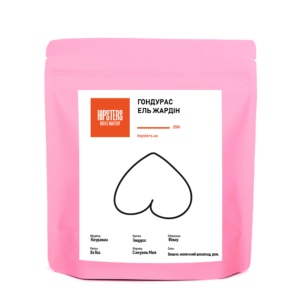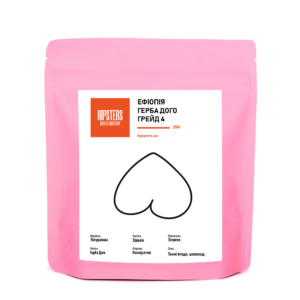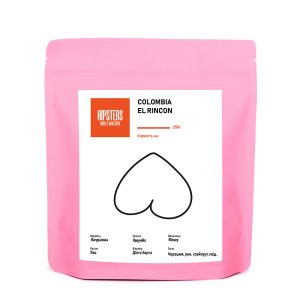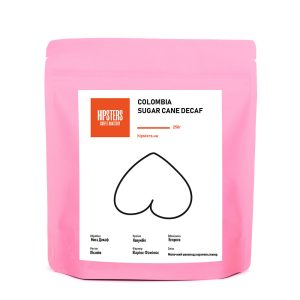Кенія Гічерорі
Загальна площа вирощування кави в Кенії оцінюється в 160 000 га. Насадження займають близько третини площі. Проте найбільша частина землі знаходиться у користуванні дрібних фермерів, які закріплюються за кооперативами. Цю каву виробляють на заводі Гічерорі поблизу Ембу в центральній провінції Кенії на красивих південних схилах гори Кенія. Цей регіон славиться багатими ґрунтами з вулканічною глиною і хорошим мікрокліматом з достатньою кількістю дощів. Гічерорі разом із заводами Катква, Ндундурі, Гікіріма та Нгерве належить до Кооперативного товариства фермерів Кібугу. Близько 1100 фермерів доставляють свою червону та стиглу вишню на фабрику Гічерорі. Тут каву подрібнюють за допомогою adisc пупера та надходять у ферментаційний резервуар для контрольованого процесу бродіння. Після цього каву промивають, замочують у водних каналах і сушать на сонці на африканських сушарках до 15 днів, ретельно накриваючи полудень і ніч. На мийній станції вода очищується у вимочувальних ямах, щоб уникнути забруднення місцевих річок і струмків. Після обробки він повертається до нормального кругообігу води. Місцеві дерева охороняються, щоб забезпечити птахам природний дім і забезпечити біорізноманіття.




